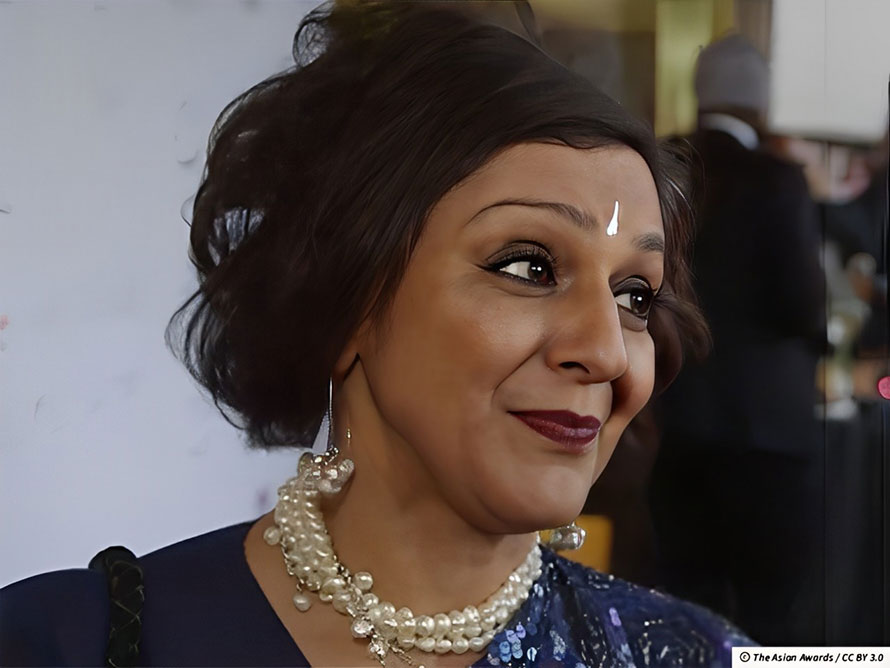Anita and Me is a semi-autobiographicalRelating to the writer's own life. novel written by actor and comedian Meera Syal in 1996. It tells the story of Meena Kumar, the nine-year-old child of two Indian immigrants to the UK, and her struggle to find her place growing up in a socially troubled, racially prejudiced community. The novel is set in a fictional, economically depressed mining town called Tollington, similar to the West Midlands setting in which Meera Syal grew up. After Meena befriends an older, white girl named Anita Rutter, she is initially exhilarated by the new opportunities for rule-breaking and rebellion that this relationship seems to offer. However, Anita’s relationship with Sam Lowbridge, an older boy who has incited racism against the South Asian community in Tollington leads their friendship to fracture, forcing Meena to come to terms with the role that social dynamics such as class, racial prejudiceAn idea about something, especially a group of people, that is not based on reality. and family will play in shaping her life.
Anita and Me

Glossary
Autobiographical - Relating to the writer's own life.
Prejudice - An idea about something, especially a group of people, that is not based on reality.
Colonial - When a region or country is controlled politically by another.
Partition - In 1947, the British Raj was split into India and Pakistan.
Refugees - Anyone fleeing conflict or persecution is defined as a refugee by the UN as a refugee, regardless of where they are from.
Imperialism - The practice of growing a country's power through colonisation or force.
Dysfunctional - Not working properly.
Diatribe - An angry speech that severely criticises something.
Prevalent - Common.
Enoch Powell - A British politician who is known for making a racist speech against immigration in 1968.
Succumb - Fail to resist a negative force, or die from an illness or injury.
Grammar school - In the UK, a state secondary school that select pupils with high marks in an exam taken at age 11.
Punjabi - A language spoken in the Punjab region of Pakistan and India. It has roughly 113 million native speakers.
